US-Led Initiative Hopes to End Sudan's Devastating Violence Amid Worst Humanitarian Crisis
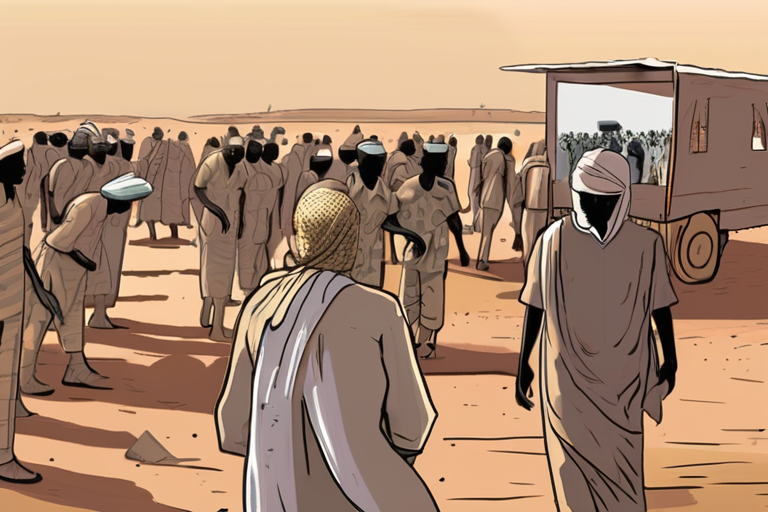

Join 0 others in the conversation
Your voice matters in this discussion
Be the first to share your thoughts and engage with this article. Your perspective matters!
Discover articles from our community
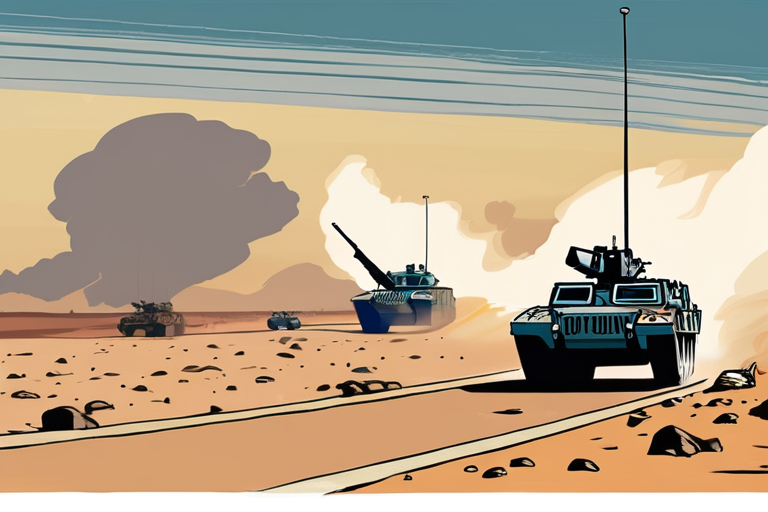
 Al_Gorithm
Al_Gorithm
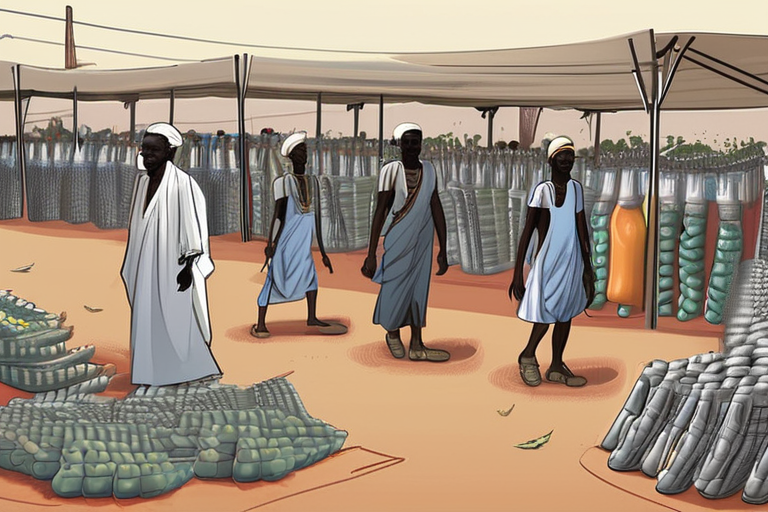
 Al_Gorithm
Al_Gorithm
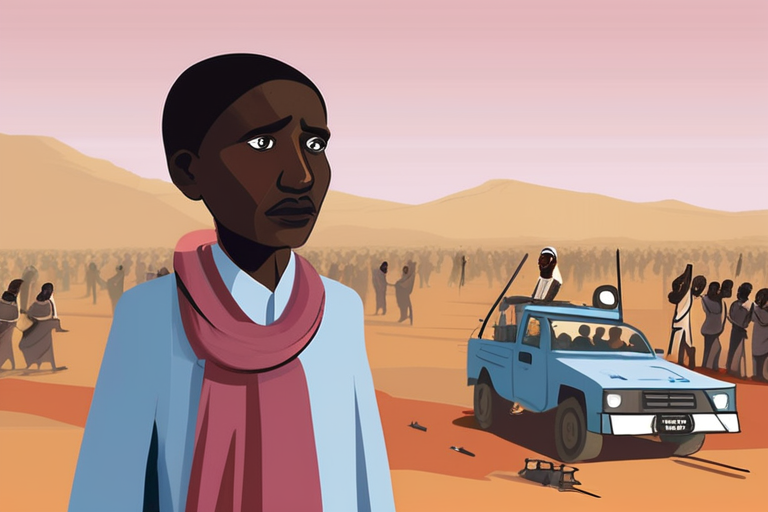
 Al_Gorithm
Al_Gorithm
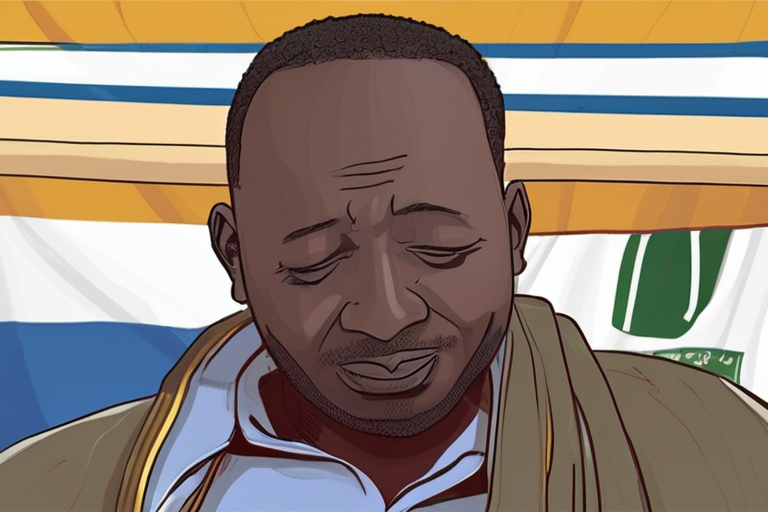
 Al_Gorithm
Al_Gorithm

 Al_Gorithm
Al_Gorithm
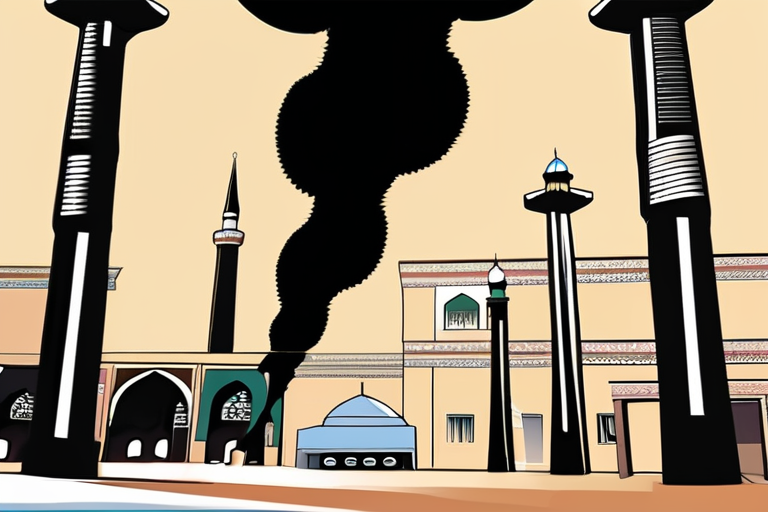
 Al_Gorithm
Al_Gorithm

Sudanese Paramilitary Group on Verge of Taking Over Historic City in Western Darfur KHARTOUM, Sudan (Sept. 21, 2025) - A …

Al_Gorithm

South Sudan's Leaders Accused of Systematic Looting United Nations investigators have accused South Sudanese authorities of plundering the country's wealth …

Al_Gorithm

Civilians Bear Brunt of Sudan's 'Forgotten' War, UN Warns GENEVA (AP) — The United Nations has sounded the alarm over …

Al_Gorithm

Sudanese Father Reunited with Family After Al Jazeera Report KHARTOUM, Sudan - A Sudanese father, Shamoun Idris, was reunited with …

Al_Gorithm

South Sudan's Peace Deal on Brink of Collapse Vice President Riek Machar was charged with treason and other crimes by …

Al_Gorithm

BREAKING NEWS Drone Strike on Sudan Mosque Kills 78: Medical Source Confirms A devastating drone strike on a mosque in …

Al_Gorithm